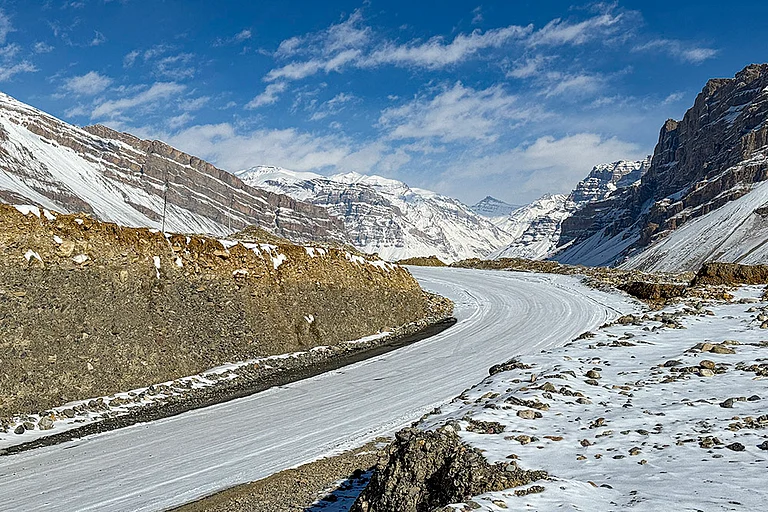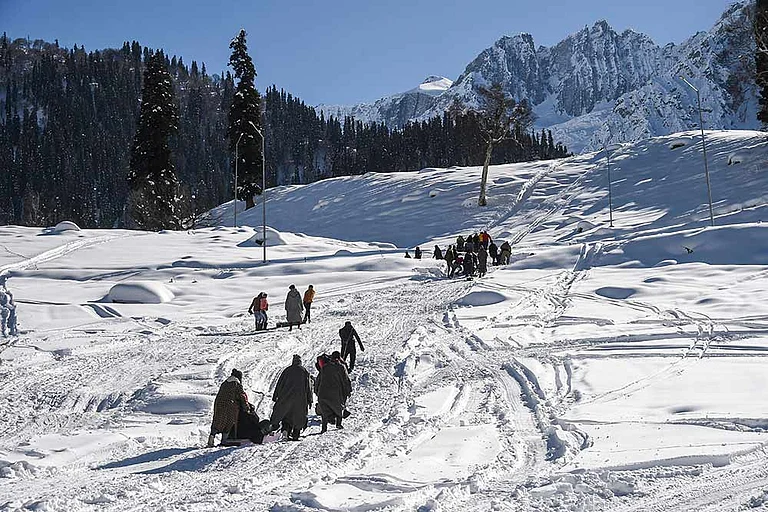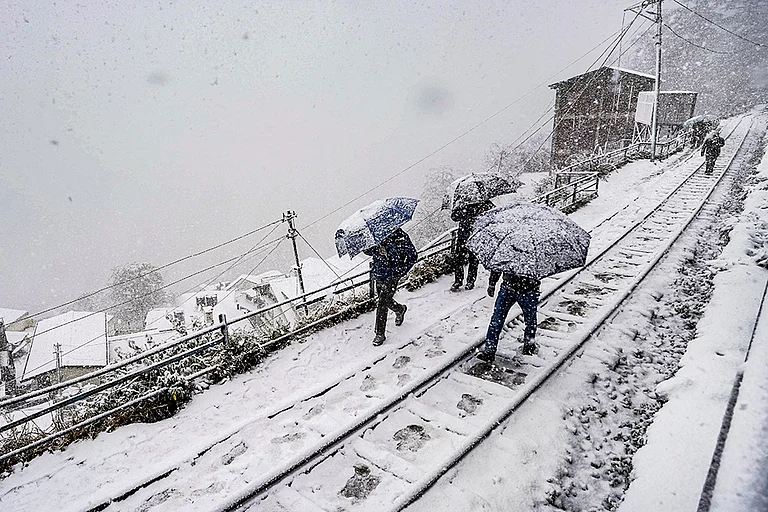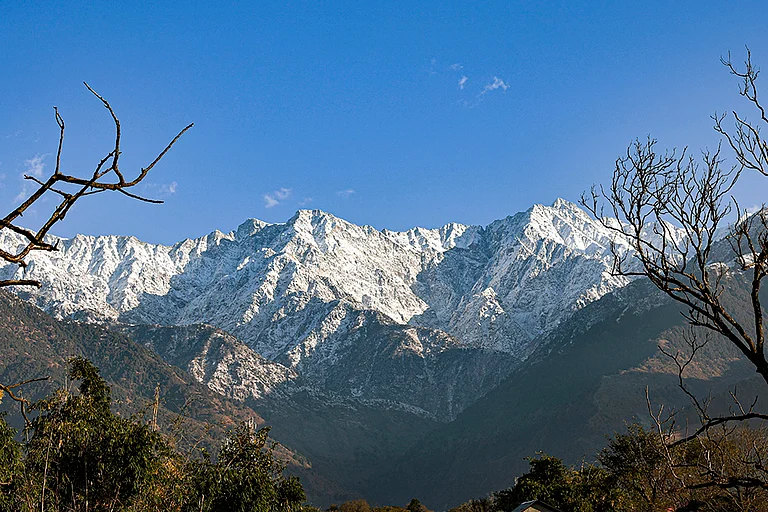A surprising cold front from the Gulf of Alaska hit the West Coast on Saturday, bringing early snow and rain that disrupted summer plans across California and the Pacific Northwest.
In California, Highway 89 through Lassen Volcanic National Park was closed due to about 3 inches (7.6 centimeters) of snow that fell overnight. The National Weather Service reported the accumulation was enough to shut down part of this scenic route.
Mount Rainier in Washington and Minaret Vista near Yosemite National Park both saw snow, with Minaret Vista receiving a rare August dusting. Madera County Deputy Sheriff Larry Rich commented on the unusual weather, saying, "It’s not every day you get to spend your birthday surrounded by a winter wonderland in the middle of summer." Rich appreciated the unique beauty and charm of the surprise snowfall.
Northern Nevada faced rain just before the Burning Man festival, leading organizers to close the entrance gate for most of the day. This followed last year's muddy conditions that caused major disruptions.
Mammoth Mountain in California also experienced snowfall overnight, prompting the National Weather Service to warn hikers and campers about slippery roads. The weather brought record rainfall to areas like Redding, Red Bluff, and Stockton, with more rain expected south of Lake Oroville.
Tioga Pass in the Sierra Nevada saw a rare August snow, the first since 2003. Normally, Tioga Pass, which rises over 9,900 feet (3,017 meters), is closed for much of the year due to heavy snow.
Ski resorts were excited by the early snow, with Palisades Tahoe announcing on social media, "It’s a cool and blustery August day here, as a storm that could bring our first snowfall of the season moves in this afternoon!"
The National Weather Service predicted that the cool conditions would spread across much of the western U.S. by Sunday. However, they also warned of fire hazards due to strong winds accompanying the cold front.
In California, a flash flood watch was issued for areas affected by the Park Fire, which burned over 671 square miles (1,748 square kilometers) since late July. Although the fire has been largely controlled and evacuation orders lifted, the area remains vulnerable.
As the cold front moves out, warmer temperatures are expected to return quickly, signaling a rapid end to this unusual summer chill.























